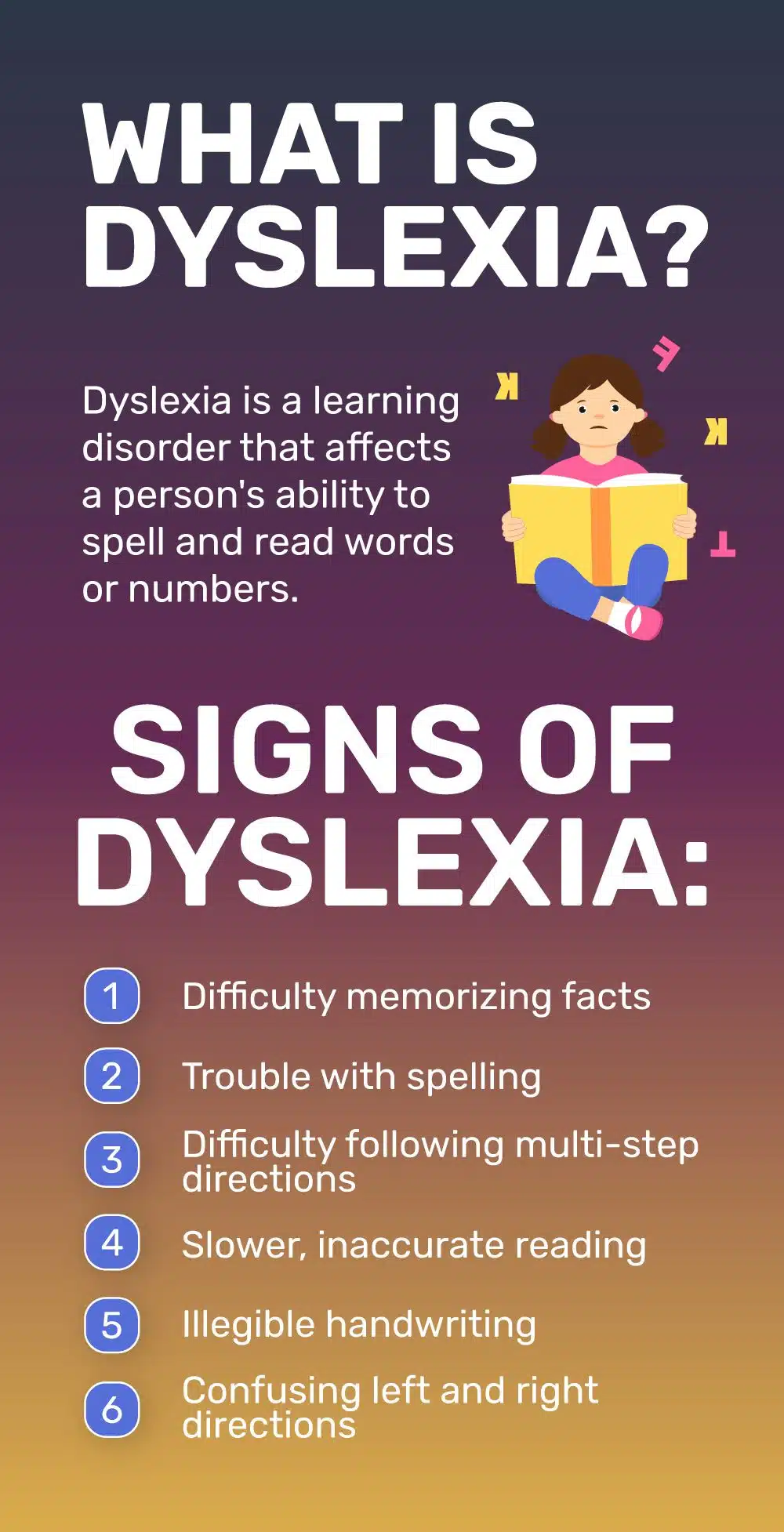Several treatment options are available for agraphia, depending on the severity of the condition. Some effective treatments include:
- Occupational therapy: Agraphia sufferers might engage with an occupational therapist to enhance their handwriting abilities and writing speed. They may also teach alternative communication methods, such as using a computer or tablet to type instead of writing by hand.
- Speech therapy: A speech therapist can help improve language skills, including grammar, spelling, and word retrieval, which can all impact writing ability.
- Assistive technology: Various technological devices and software are available to help individuals with agraphia write more easily. For example, text-to-speech software can help write emails or messages, and dictation software can help write notes or letters.
- Cognitive therapy: In some cases, cognitive therapy can help address underlying issues such as attention deficits or memory problems, which can impact writing ability.
For example, let’s say that Sarah is a teenager who sustained a brain injury in a car accident and now experiences agraphia. Her occupational therapist may work with her to improve her grip and dexterity when holding a pen, while her speech therapist may help her to improve her spelling and grammar skills. Sarah may also use assistive technology, such as a tablet with text-to-speech software, to help her communicate more effectively.
In conclusion, agraphia is a condition that can significantly impact an individual’s ability to communicate through writing. However, with the proper treatment and support, individuals with agraphia can still lead fulfilling lives. Additionally, products like Goally, which offers fun and engaging apps for children, can be a valuable tool for children with agraphia to improve their language and life skills.
Editor’s note: This information is not meant to diagnose or treat and should not take the place of personal consultation, as needed, with a qualified healthcare provider and/or BCBA.













